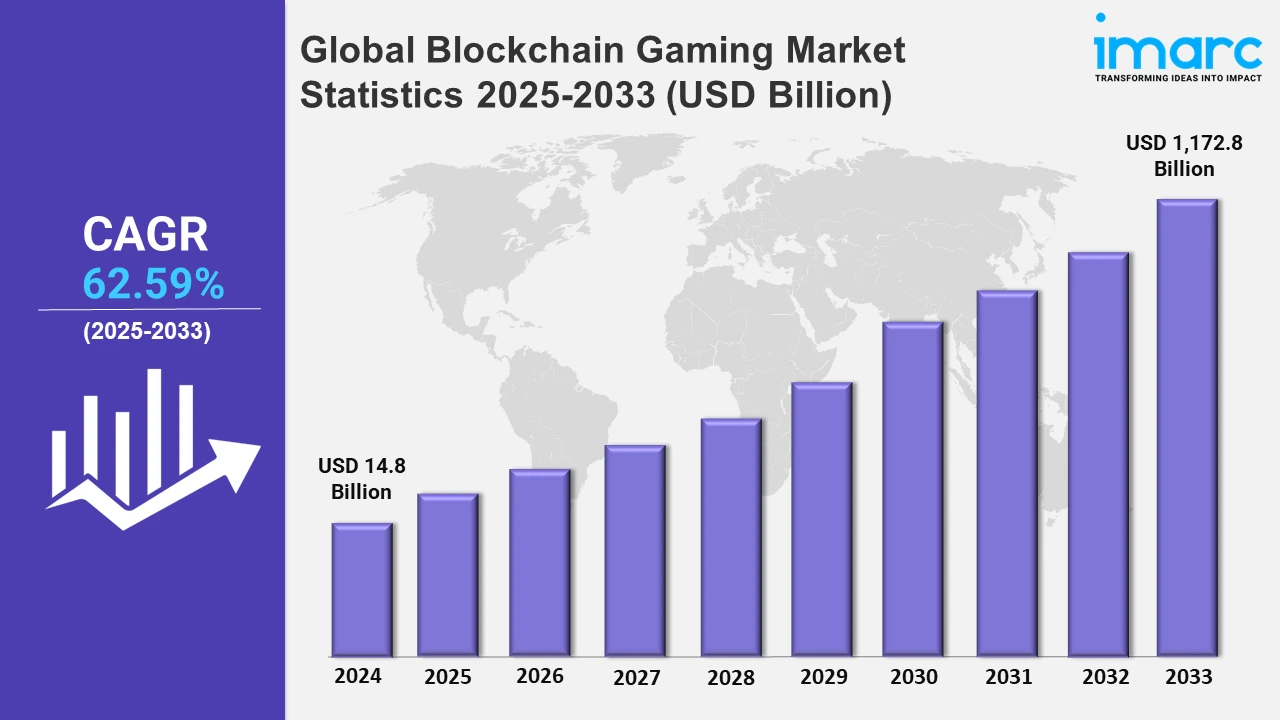The Hookup Critic
Your go-to source for honest reviews and tips on dating and relationships.
Virtual Ventures: How Crypto is Reshaping the Gaming Landscape
Discover how crypto is revolutionizing gaming! Explore the exciting fusion of virtual worlds and digital currency in our latest blog post.
The Rise of Play-to-Earn: How Cryptocurrency is Transforming Gaming Economics
The gaming industry is undergoing a revolutionary transformation with the advent of play-to-earn (P2E) models, largely fueled by the rise of cryptocurrency. Unlike traditional gaming, where players invest time and money without any tangible returns, P2E allows gamers to earn real-world value through their in-game activities. This model integrates blockchain technology to create unique digital assets, such as non-fungible tokens (NFTs), which players can buy, sell, and trade across various platforms. As a result, gamers are not just passive participants but can become active stakeholders in the economic ecosystem of the game.
The implications of this shift are profound. Firstly, P2E has democratized access to financial opportunities in gaming, enabling players from diverse backgrounds to earn income through gameplay. Furthermore, as the cryptocurrency landscape continues to evolve, many developers are exploring innovative ways to enhance player engagement and retention through token incentives and governance models. According to recent surveys, 63% of gamers are interested in earning real money through gaming, highlighting the growing demand for P2E mechanics. As the trend gains traction, it is clear that the future of gaming economics is becoming increasingly intertwined with the decentralized finance revolution.

Counter-Strike is a popular first-person shooter game that has captivated players worldwide since its initial release. With various modes and maps, it offers intense gameplay that requires teamwork and strategic thinking. Players can also enhance their gaming experience by using a shuffle promo code to access exclusive in-game items or bonuses, making each match even more thrilling.
Blockchain and Gaming: What Gamers Need to Know About Crypto
The intersection of blockchain technology and gaming is creating waves in the industry, transforming not only how games are played but also how players own and trade in-game assets. Unlike traditional gaming environments where players have limited control over their virtual items, blockchain-enabled games empower gamers by allowing them to own their assets as non-fungible tokens (NFTs). This means that unique in-game items can be bought, sold, or traded on various marketplaces, giving players a degree of ownership that was previously unattainable.
Moreover, the integration of cryptocurrencies in gaming offers new avenues for monetization and rewards. Players can earn crypto by completing various in-game tasks or participating in competitions, which can then be exchanged for real-world currency or other digital assets. However, it’s essential for gamers to approach this new landscape with caution. The volatility of crypto markets can lead to significant risks, and understanding the foundational aspects of blockchain technology and its implications on the gaming industry is essential for making informed decisions. Staying updated on the latest trends and developments will be crucial for any gamer looking to navigate this exciting, yet complex space.
Are NFTs the Future of In-Game Assets? Exploring the Impact of Crypto in Gaming
The gaming industry has seen a dramatic transformation in recent years, with NFTs (non-fungible tokens) emerging as a game-changer for in-game assets. These digital collectibles allow players to truly own their in-game items, providing a sense of ownership that traditional gaming models lack. Unlike regular digital assets, NFTs are unique and verifiable on blockchain technology, which means players can trade, sell, or purchase these assets in a decentralized marketplace. This shift could redefine the concept of value in gaming, as players are no longer just consumers, but also participants in an evolving economy.
Moreover, the integration of crypto in gaming goes beyond just ownership; it can impact player engagement and create new revenue streams for developers. By utilizing NFTs, game studios can incentivize players with exclusive content and rewards which can foster community building and loyalty. As the technology continues to evolve, we may witness a future where players earn real income through their gaming activities. The potential of NFTs and crypto in reshaping the gaming landscape is vast, raising questions about the sustainability of traditional gaming models in the face of this digital revolution.